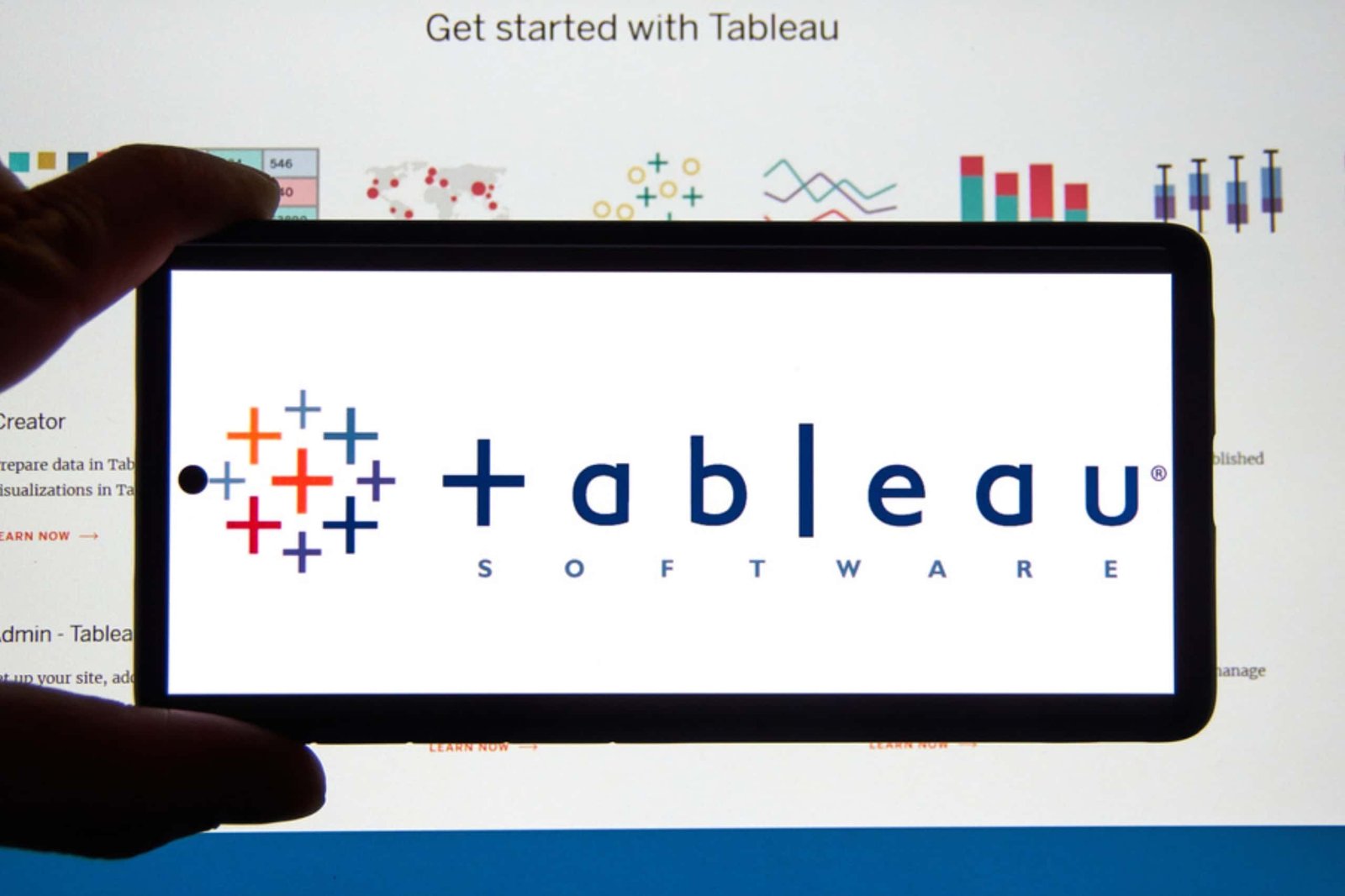Summary: Business Data Analyst bridge technology and business, analysing data to suggest improvements and develop strategies. They optimise operations, reduce costs, and drive digital transformation, ensuring organisational competitiveness.
Role and Importance of Business Data Analysts Today
Introduction
Different job roles are becoming increasingly popular in the rapidly growing technological market, and data plays a significant role. Crucial and valuable data has enabled business organisations to make critical decisions.
From predicting future trends to understanding data using visualisation, data is everywhere. However, to deal with these large volumes of data, the role of a Business Data Analyst is indispensable. What is a Business Data Analyst, and why is the role important today? Let’s find out.
Must Read:
Exploratory Data Analysis through Visualisation.
Understanding Data Science and Data Analysis Life Cycle.
What is a Business Data Analyst?
The role of a Business Data Analyst in the market is quite dynamic but crucial. Business Data Analysts are professionals who act as a middle ground between technology and business domains within an organisation.
It is a trusted role endowed with the responsibility of analysing business and documenting organisational processes. A Business Data Analyst is also responsible for evaluating business models and suggesting new technological changes.
Furthermore, Its role includes improving existing methods, products, services, and software, analysing data, and identifying loopholes.
What does a Business Data Analyst Do?
It play a crucial role in today’s data-driven environment. Critical team members act as agents for the organisation, ensuring that technologies and business processes are always in sync.
It examine and analyse the firm’s collected data, providing regular improvement recommendations. Their primary focus is developing and enhancing solutions that help organisations position themselves as market leaders. Therefore, possessing only data-related expertise is insufficient.
Business Data Analysts collaborate closely with other team members to identify and translate business needs into data-driven strategies. They utilise various tools and techniques to gather, clean, and interpret data, making it accessible and actionable for decision-makers. Providing insights and trends enables teams to make decisions that drive business growth and efficiency.
Moreover, these professionals continuously monitor industry trends and advancements in data analytics to ensure the organisation remains competitive. They clearly and concisely communicate complex data findings to non-technical stakeholders, fostering a data-centric culture within the organisation.
Importance of Business Data Analyst
The role of a Business Analyst is crucial today because of its multidimensional benefits. It involves managing various aspects of a firm. It acts as a bridge between the IT and business teams, enabling them to find profitable avenues of growth. With the development and advancement of modern digital technology, the importance of a Business Data Analyst has increased.
Business Data Analysts are responsible for analysing an organisation’s historical data to optimise its operations. To do so, they identify the existing loopholes, enabling optimum resource utilisation and saving the business considerable expenditures. With these processes, organisations can free up their monetary and human resources, thus giving them more flexibility when indulging in projects.
While it is stated that Business Data Analysts act as a bridge between the technological and non-tech departments, this implies that they are responsible for understanding the demands of the non-IT sector.
Business Data Analysts ensure that they carefully plan solutions for non-IT challenges without revealing any differences. Implementing new technologies helps improve business functions and reduces the time needed to complete tasks.
Furthermore, Business Data Analysts are essential today because they help simplify an organisation’s digital transformation. They simplify the complexities of digitisation and help businesses optimise time and resources by using data-driven decisions.
The Role of a Business Data Analyst in a Team
As previously stated, Its play a crucial role in today’s data-driven environment. Critical team members act as agents for the organisation, ensuring that technologies and business processes are always in sync.
It examine and analyse the firm’s collected data, providing regular improvement recommendations. Their primary focus is developing and enhancing solutions that help organisations position themselves as market leaders. Therefore, possessing only data-related expertise is insufficient.
Business Data Analysts collaborate closely with other team members to identify and translate business needs into data-driven strategies. They utilise various tools and techniques to gather, clean, and interpret data, making it accessible and actionable for decision-makers. Providing insights and trends enables teams to make decisions that drive business growth and efficiency.
Moreover, these professionals continuously monitor industry trends and advancements in data analytics to ensure the organisation remains competitive. They clearly and concisely communicate complex data findings to non-technical stakeholders, fostering a data-centric culture within the organisation.
Business Analyst vs Data Analyst: Is There a Difference?
One of the most frequently asked questions is the difference between a Business Analyst and a Data Analyst. Even though these roles sound similar, there are quite a few differences, which can be explained as follows:
Key Differences:
- Emphasis on Strategy vs Data: While Data Analysts delve into data to provide actionable insights, Business Analysts emphasise strategic business improvements and management.
- Operational vs Management Focus: Data Analysts focus on operational tasks like database maintenance, whereas Business Analysts focus on management and strategy.
- Decision-Making: Data Analysts support decision-making by providing reports, while Business Analysts make decisions based on business analysis.
Also See:
What are the Benefits of Learning Tableau for Data Analysts?
Top 50+ Data Analyst Interview Questions & Answers.
What skills does a Business Data Analyst need to have?
A Business Analyst might require critical skills and meet specific criteria employers generally look for, ensuring that their technological expertise meets business requirements. The following are the criteria that employers look for in Business Data Analysts:
- Extensive knowledge of data, including investigation and analysis.
- Familiarity with using SQL Databases.
- Having advanced communication skills like collaborating with different departments in a company.
- Thorough knowledge of the project management processes with the ability to detect and deal with crucial data.
- SAP knowledge
- Skilled in statistics and mathematics
- Proficiency in presentation platforms, data administration in spreadsheets, and report development.
Read More:
Why is SQL important for Data Analyst?
Advanced SQL Tips and Tricks for Data Analysts.
How does one become a Business Data Analyst?
You do not need to follow a specific path or route. You can get a job as a Business Data Analyst by following certain critical aspects required to get hired. Accordingly, the following are the requirements:
- A bachelor’s degree in management, like Business Management or a related field.
- Specialised education in Data Analysis.
- Expertise in database management systems and SQL
- Understanding of the role of working as an analyst in an entry-level position.
- Considering corporate jobs and Business Analyst careers as lucrative, the possibility of you reaching top ranks and positions is relatively high. Accordingly, pursuing a Data Analytics course by Pickl.AI will help you develop database management and SQL programming skills and enable you to understand the role of an entry-level analyst.
Read Blog: How to Build a Data Analyst Portfolio?
Business Data Analyst Job Prospects and Salary
The demand for Data Analysts is increasing with time and at an unprecedented level. While there are quite a few challenges in finding skilled Business Data Analysts, it has created a situation where the demand for the role is higher than the supply of talent. This makes the Business Data Analyst job role highly lucrative in the market.
When pursuing a Business Data Analyst career, you need certification and specialisation in a data analyst course for competitive advantage. It would be best if you had an efficient Business Data Analyst resume prepared for yourself.
It will allow you to expand your chances of gaining a market position. As part of your journey, you could gain a Internship as part of your entry-level job role.
The market salary for a Business Data Analyst can be pretty promising, and the exact figures depend on experience level, job location, and industry type.
The market salary for a Business Data Analyst can be pretty promising, and the exact figures depend on experience level, job location, and industry type.
As per 2024 trends, the average annual salary for a Business Data Analyst in India is ₹8,95,000. Business Data Analysts typically receive extra cash compensation, averaging ₹ 1,95,000 and ranging from ₹50,000 to ₹4,00,000.
Frequently Asked Questions
What does a Business Data Analyst do?
A Business Data Analyst bridges the gap between technology and business by analysing data to provide actionable insights. They evaluate business models, suggest improvements, and develop strategies. Their role includes gathering, cleaning, and interpreting data, making it accessible and actionable for decision-makers, and driving organisational efficiency and growth.
Why is the role of a Business Data Analyst important today?
The role of a Business Data Analyst is crucial due to their ability to optimise business operations, reduce costs, and facilitate digital transformation. They analyse historical data, identify loopholes, and provide data-driven recommendations, helping organisations stay competitive and efficient in an increasingly data-driven business environment.
What skills are essential for a Business Data Analyst?
Essential skills for a Business Data Analyst include data analysis, proficiency in SQL, and advanced communication abilities. They need to understand project management processes and statistical analysis and be adept at using presentation platforms. These skills enable them to interpret data insights and communicate them to non-technical stakeholders.
Conclusion
As the world progresses in a Digital era, decision-making processes become more complex and data-driven. The role of the Data Analyst is henceforth crucial for organisations to progress using new technologies and improve customer satisfaction. The online Data Analytics course by Pickl.AI will take you one step closer to your dream job.






